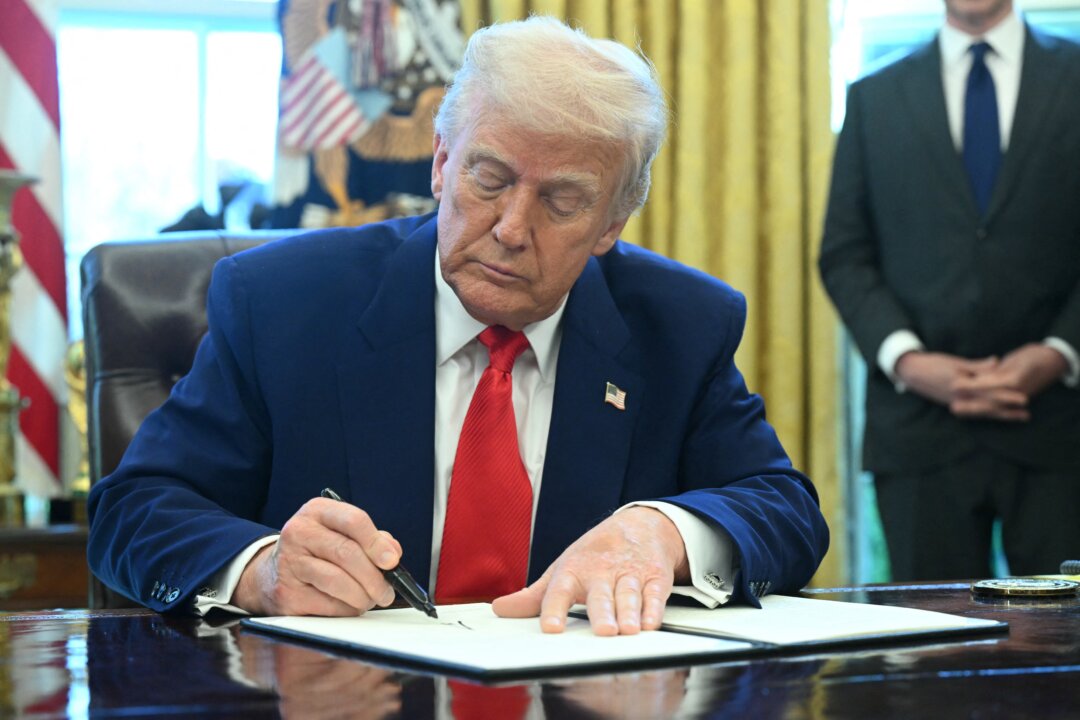What is politics really about: the art of getting things done, or merely of making plans to get things done? It too often seems to be the latter, with even quite senior figures seeming to think that they’ve solved a problem by announcing a plan, without waiting around to see if that plan comes to fruition.Take dentistry, one of the areas most throbbingly in need of a plan. MPs have been raising the issues of “dental deserts” and waiting lists in their areas for years, with ministers popping up and down at the despatch box in the House of Commons to insist that they have a plan to improve things.
The regularity with which this plan came up in the Chamber as some kind of valid response to a complaint made Blackadder’s regular cunning planner Baldrick look as though he had never even heard the word “plan” in his life.This week, the Public Accounts Committee (PAC), which scrutinises government spending, published a scathing report into the Conservatives’ Dental Recovery Plan, which found it had “comprehensively failed to deliver improvements in access to NHS dentistry”. The four main initiatives in that plan had “not delivered the more than 1.

5 million additional courses of treatment” that the Department of Health and Social Care and NHS England had estimated that they would.if(window.adverts) { window.
adverts.addToArray({"pos": "inread-hb-ros-inews"}); }That plan was only published in February 2024, after years of ministers telling anxious Tory MPs that it was coming “soon”. At the time it did indeed promise that it would “significantly expand access so that everyone who needs to see a dentist will be able to” and that it “will fund more than 1.
5 million additional NHS dentistry treatments or 2.5 million NHS dentistry appointments”. That word “will” there now looks totally out of place.
Perhaps ministers would have been more honest if they had merely written “could”, rather than suggesting that it was definitely going to happen. The PAC might still have been unhappy with the use of “could”, though, as its report made very clear that there hadn’t been enough analysis to work out whether the plan was achievable. It said the department and the NHS “have not undertaken the analysis needed to understand the actual cost of delivering NHS dental care, without which any efforts at reform will fail to address fundamental issues around the affordability of NHS work”.
At this point, Labour might be tempted to start talking about the Tories’ dentistry black hole – or cavity, if you like. In fact, just this week, health minister Stephen Kinnock was attacking the “amateurish” approach that the previous government had taken to dentistry. He described a “Dickensian state of affairs”, and said the state of NHS dentistry “is simply unacceptable and it has to change”.
The Government is, he said, “working on a radical overhaul of the contract”.#color-context-related-article-3598673 {--inews-color-primary: #3759B7;--inews-color-secondary: #EFF2FA;--inews-color-tertiary: #3759B7;} Read Next square ISABEL HARDMAN Ed Miliband is really enjoying himselfRead MoreThe PAC, though, doesn’t seem that impressed with the state of things under the newish Government. It warned there was still no indication on when the fundamental reform would begin.
if(window.adverts) { window.adverts.
addToArray({"pos": "mpu_mobile_l1"}); }if(window.adverts) { window.adverts.
addToArray({"pos": "mpu_tablet_l1"}); }It is also telling that a report published now, in April 2025, is still calling for the department and NHS to undertake the analysis needed on the cost of delivering dental care. It sounds suspiciously like ministers might fall in to the trap of thinking that by having a plan, they are definitely going to fix the problem.On the one hand, it is staggering that a government department hasn’t worked out the fundamental answers to questions that are absolutely necessary to ensure a plan is founded in reality rather than just political slogans about 1.
5 million more appointments. On the other hand, perhaps it isn’t surprising at all, given how focused Westminster is on the politics of everything rather than policy underpinning it. Politics shouldn’t be about just saying you’re going to get things done; it should be about working out how to get there.
Over the past few years, I’ve observed the latter mattering less and less in political discourse. I suspect it is in part because we had so many permutations of Tory government and so much raw party bickering that few people really thought anyone would be around long enough to deliver a plan. The politics and personality came to dominate, at the expense of policy-making.
Now, Westminster has become rather flabby and unfit when it comes to making and scrutinising whether plans are really credible.It is hard to return to fitness after a period of complacency, and perhaps that is why the PAC is still rather plaintively calling for someone to do the necessary work to ensure that any new plan is fit for purpose. Until then, it will be just a plan on a piece of paper, nothing more tangible than that.
Isabel Hardman is assistant editor of The Spectator magazine.
Politics

The failure at the root of crumbling British dentistry

Westminster is focused on the politics of everything rather than policy underpinning it















